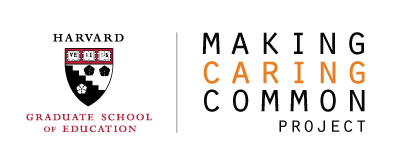This webinar from Share My Lesson explores our report The Talk: How Adults Can Promote Young People’s Healthy Relationships and Prevent Misogyny and Sexual Harassment, which highlights these issues and offers insight into how adults can begin to have meaningful and constructive conversations with young people to promote healthy relationships and prevent misogyny and sexual harassment in their lives.
Note: Registration is free and the webinar may fulfill one hour of PD credit.
Read More




